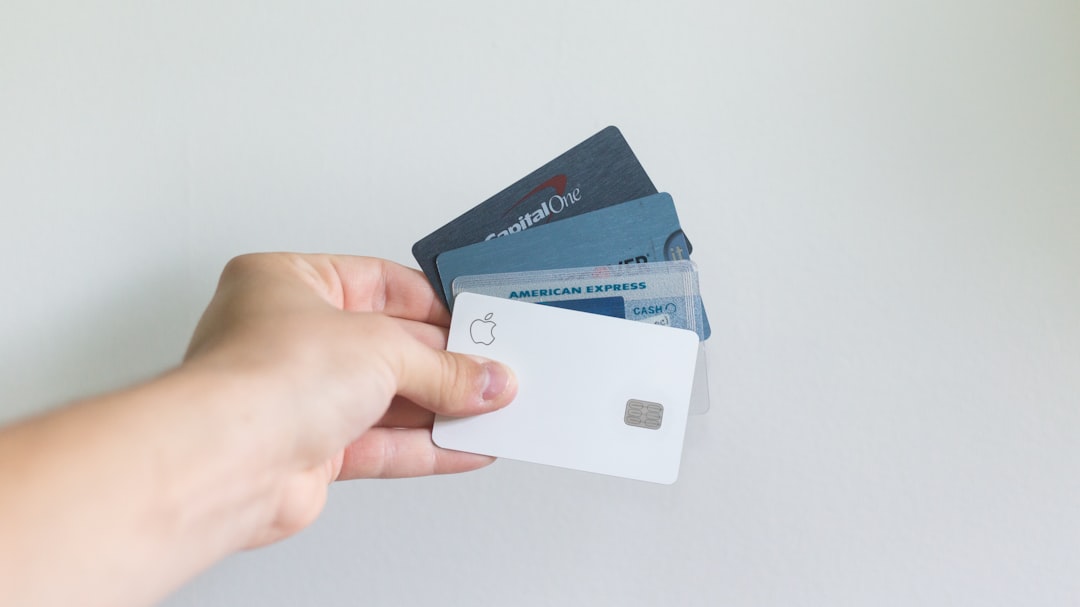Personal Loans for Debt Consolidation offer a streamlined solution for managing multiple debts by combining them into a single, potentially lower-interest loan with more manageable terms. This approach simplifies repayment, reduces monthly payments, and saves on interest costs over time, especially for variable-rate credit card debts. However, it requires careful management, good creditworthiness, steady employment, and adequate income to cover existing debts and new loan payments. Thoroughly evaluate lenders, compare key terms, and ensure potential savings outweigh loan costs to maximize benefits from Personal Loans for Debt Consolidation.
Struggling with multiple credit card bills and personal loans? You’re not alone. Many people find themselves in similar situations, often leading to stress and financial strain. This article is a comprehensive guide to understanding and navigating Personal Loans for Debt Consolidation—a strategic approach to simplifying your debts. We’ll explore various consolidation options, their advantages and drawbacks, and practical steps to secure the best loan for your financial needs.
- Understanding Personal Loans for Debt Consolidation
- Types of Debt Consolidation Options
- Advantages and Disadvantages of Each Option
- Steps to Secure a Personal Loan for Debt Consolidation
Understanding Personal Loans for Debt Consolidation

Personal loans for debt consolidation offer a streamlined approach to managing multiple debts. This option involves taking out a new loan, typically with a lower interest rate than your existing debts, to pay off and consolidate all your outstanding balances. The primary benefit is simplicity—you no longer have to juggle several payment due dates and varying interest charges. By consolidating, you simplify your financial obligations, making it easier to stay current on your repayments.
When considering personal loans for debt consolidation, it’s crucial to evaluate your creditworthiness, which will impact the loan terms and interest rates offered by lenders. A good credit score can lead to more favorable conditions, including lower rates and potentially larger borrowing limits. Lenders often prefer borrowers with stable income and a history of responsible financial management. Understanding these factors is key to successfully consolidating your debts through personal loans.
Types of Debt Consolidation Options

Debt consolidation offers a structured approach to managing multiple debts by combining them into a single loan with potentially lower interest rates and more manageable payments. The primary types of debt consolidation options include secured loans, unsecured loans, and balance transfer cards. For individuals seeking Personal Loans for Debt Consolidation, secured loans often require collateral, typically in the form of an asset like a house or car, to mitigate risk for lenders. Unsecured loans, on the other hand, don’t require collateral but usually come with higher interest rates as there’s no underlying asset to fall back on.
Balance transfer cards provide another avenue for debt consolidation, offering low-interest or 0% introductory periods, allowing borrowers to move balances from high-interest credit cards onto a new card with lower rates. This strategy can significantly reduce monthly payments and provide breathing room while ensuring all debts are under one roof. Each option has its advantages and disadvantages, so understanding the terms, conditions, and potential long-term effects is crucial before making a decision.
Advantages and Disadvantages of Each Option

Debt consolidation offers a strategic approach to managing multiple debts by combining them into a single loan with potentially lower interest rates and more manageable terms. One popular option is using a personal loan for debt consolidation. Advantages include simplifying repayment, reducing monthly payments, and saving on interest costs over time. It’s particularly beneficial when you have variable-rate credit card debts, as a fixed-rate personal loan can provide stability and predictability in repayments.
However, personal loans for debt consolidation also come with considerations. Borrowing from a financial institution means adding another debt, which could extend your repayment period if not managed carefully. Additionally, the process involves stringent eligibility criteria, including good creditworthiness, steady employment, and adequate income to cover both existing debts and the new loan payments. Mismanagement or defaulting on this new loan can significantly impact your credit score and financial health.
Steps to Secure a Personal Loan for Debt Consolidation

Securing a personal loan for debt consolidation involves several key steps. Firstly, assess your current financial situation and determine the total amount you need to consolidate across all your debts. This will help in identifying suitable loan terms and repayment plans. Next, improve your credit score by reviewing your credit report for errors and disputing any inaccuracies. Lenders often consider a strong credit history when approving personal loans, so enhancing your score can lead to better interest rates.
Once your credit is in order, start shopping around for lenders offering personal loans for debt consolidation. Compare loan terms, interest rates, and repayment periods from multiple providers to find the best fit. Consider factors like origination fees, prepayment penalties, and the lender’s reputation. Additionally, evaluate the potential savings by consolidating your debts, ensuring that the lower monthly payments and interest expenses outweigh the loan costs over time.
Debt consolidation through personal loans can be a strategic move towards financial freedom. By understanding the various options, their pros and cons, and following a structured approach, individuals can effectively manage their debt burdens. Whether it’s through refinancing, balance transfer, or new loan applications, consolidating debts offers a chance at lower interest rates and simplified repayment terms. Remember, each option has its unique characteristics, so choosing the right one depends on personal financial goals and circumstances. With careful consideration, securing a personal loan for debt consolidation can be a powerful tool to take control of your finances.
